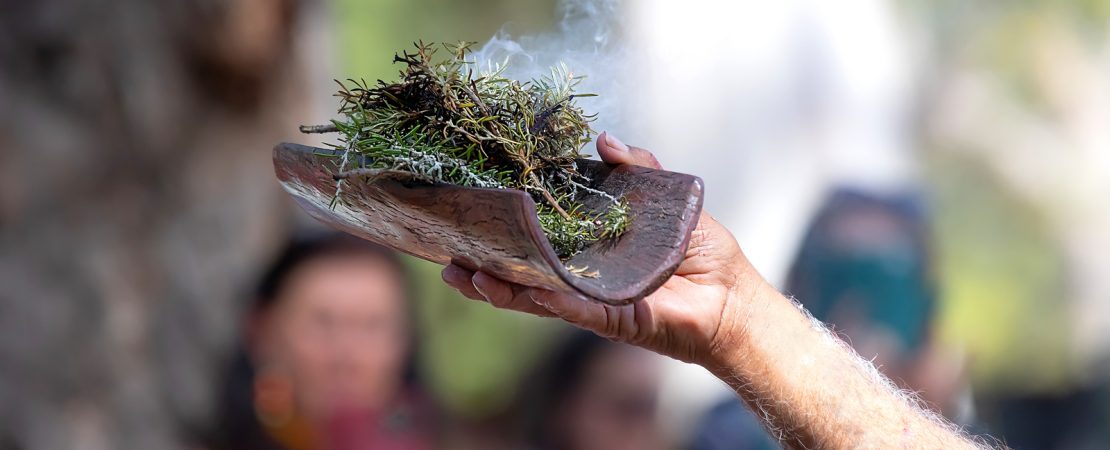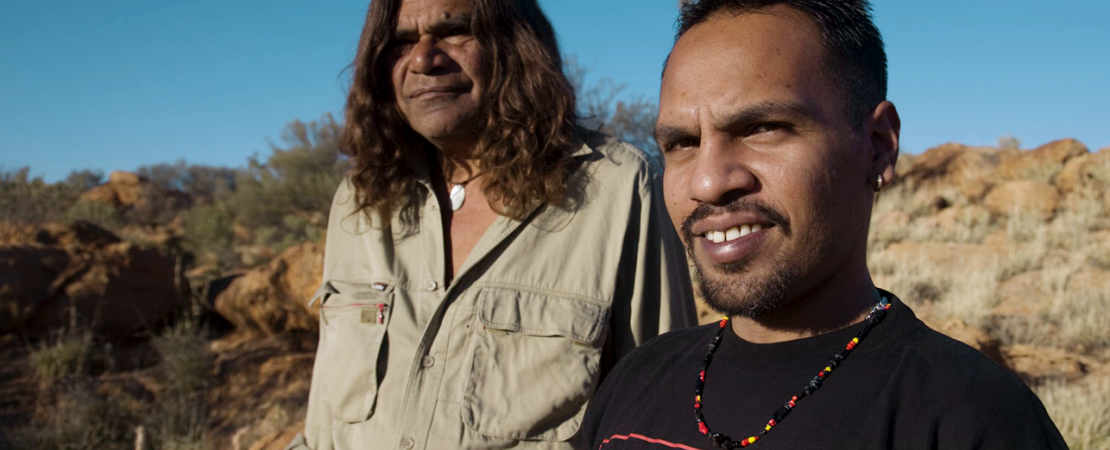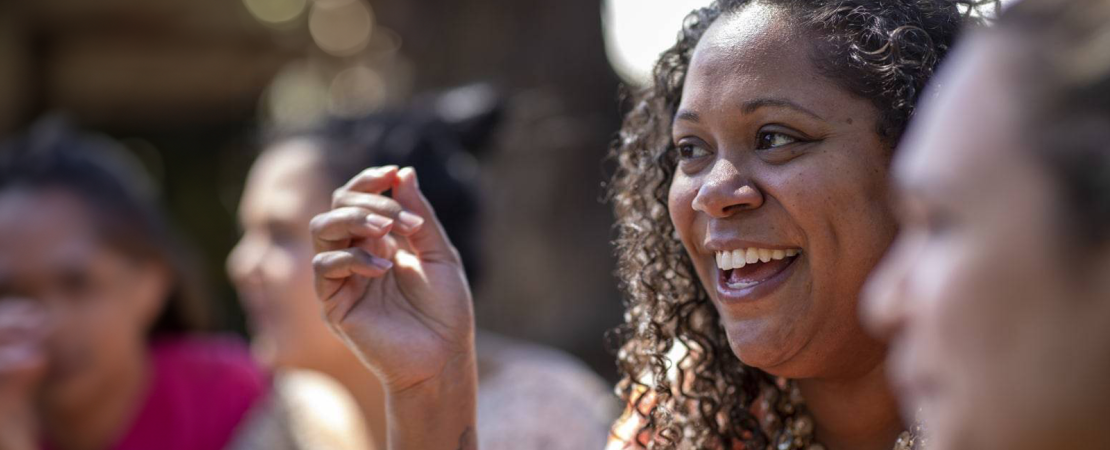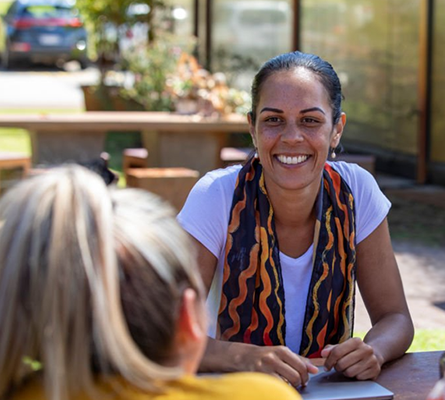
Family Wellbeing Empowerment
The Family Wellbeing Empowerment Program will assist participants take greater control over all aspects of their lives, changing individuals, families and communities. It’s a program designed by, delivered by, and specifically catering for the First Nations Peoples of Australia.
Family Wellbeing is all about increasing the positives that come out of being an Indigenous Australian, with a history rich in traditional, culture, language and arts, more than 60,000 years in the making.
Once you start to understand your emotions and history, you can start to make lasting changes in your life.
It’s all about, Creating Better Futures!
Learn MoreOur Program Goals
The Family Wellbeing Empowerment Program seeks to work collaboratively with community, key government agencies as well as all Aboriginal Community-Controlled Health Organisations to bring about lasting change:
History has shown when community has a direct say and control a better, lasting outcome is achieved.
Family Wellbeing is just that! Community-controlled, Community-focused. A tailored approach to suit Community's needs.
The program is designed to work collaboratively with all tiers of government, and all agencies.
- Employment Agencies creating job-ready candidates
- Education Departments preparing students for the challenges ahead
- Correction Facilities rehabilitating and transition programs
Family Wellbeing Empowerment Program should be an essential pillar in the Social Emotional Wellbeing (SEWB) programs of all Aboriginal Community-Controlled Health Organisations (ACCHOs).
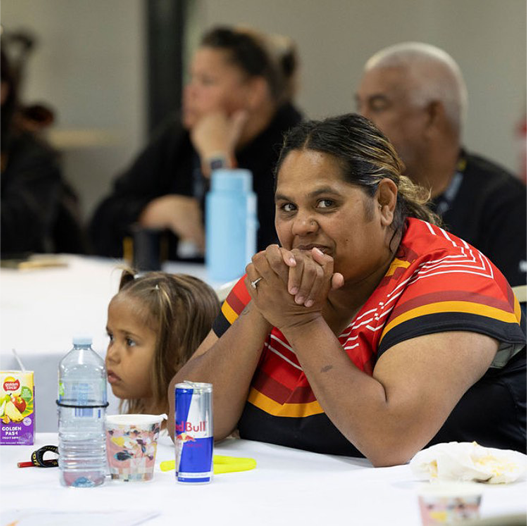
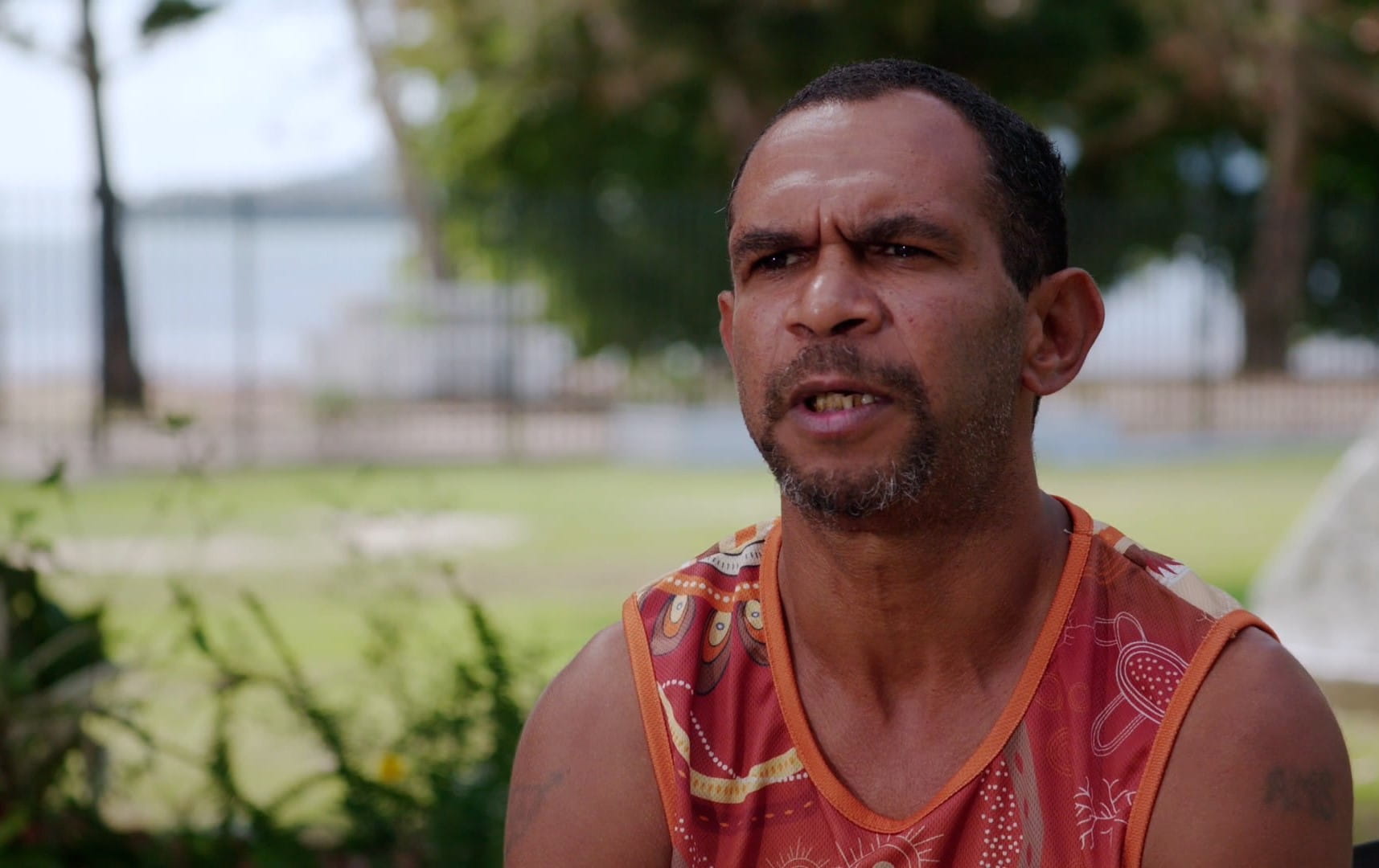
When I went into the program it really showed me a lot of stuff, I really did not know…. It’s really opened my eyes, opened my mind up… this Family Wellbeing Program will really help you to lift all the heavy burdens.
I went through this program, it was really brilliant for me…
Alton Sands - Yarrabah Graduate
Backed by research
Analysis of MK Survey Data collected before this project began has shown associations between FWB exposure and SEWB outcomes at family and community levels. Compared with non-FWB participants, FWB participants reported:
- 13% increase in higher family wellbeing
- 74% increase in cultural participation
- 21% higher levels of local community decision making
- And, other positive health outcomes associated with health, alcohol use, regular exercise and quitting smoking
Deloitte Access Economics undertook a pilot Social Return on Investment (SROI) analysis using existing FWB research and concluded that for every dollar of investment in FWB, $4.60 of benefits were produced for participants and the community.
Read The Report